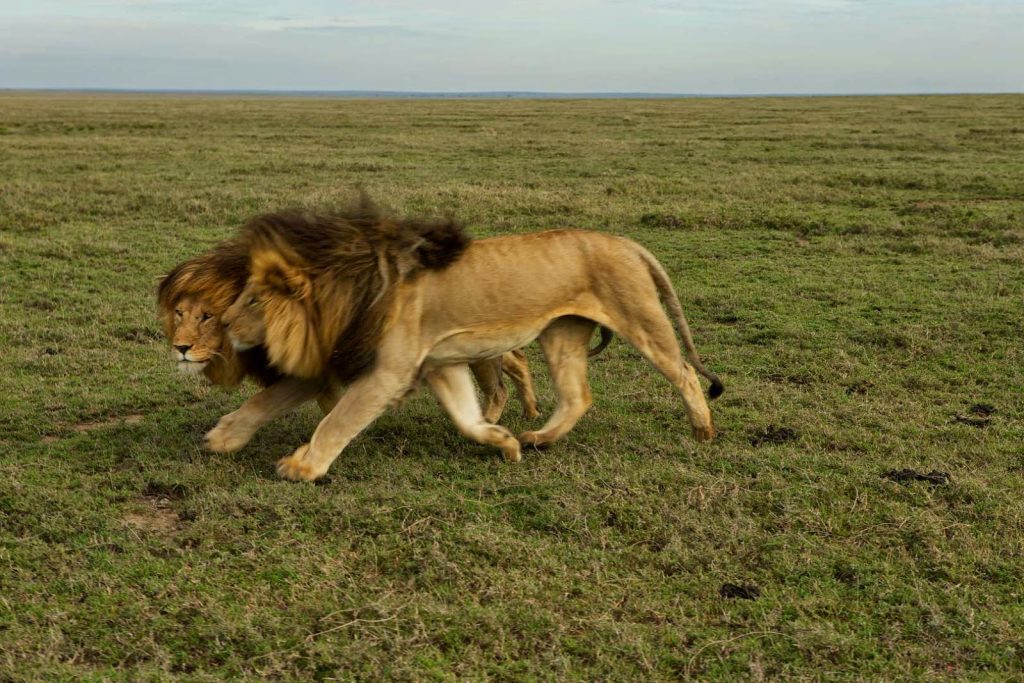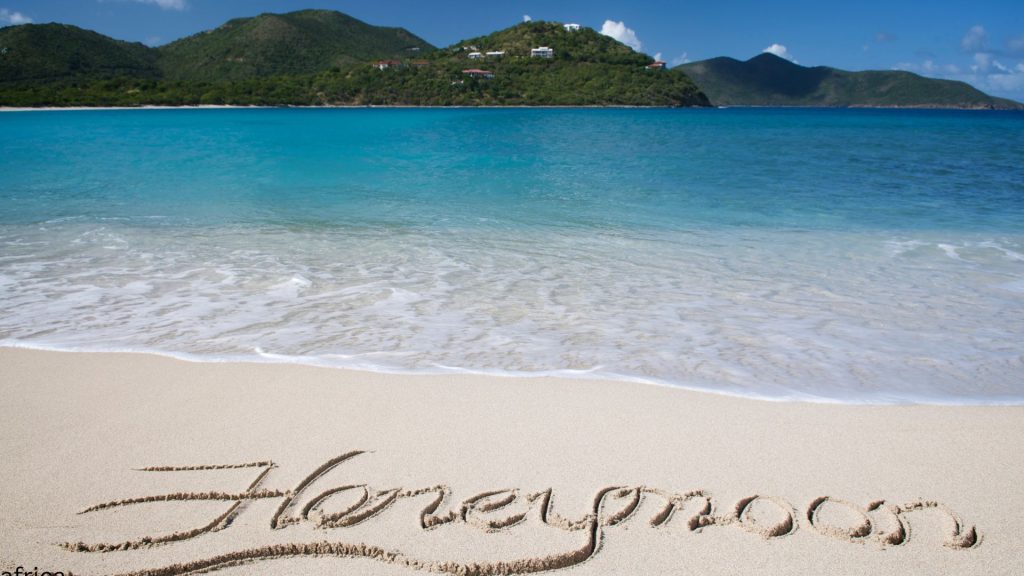Common Swahili Words You Need To Know
In Tanzania, people speak a language called Swahili. It might seem tricky initially but don’t worry if you don’t know it well. Most people there also speak English, which is super helpful!
The official language in Tanzania is Swahili (also known as Kiswahili), which is spoken by over 90% of the population. English has official status—it is used in foreign trade, diplomacy, and higher courts and partly as a classroom language in secondary school and higher education. Arabic is also widespread, especially in the coastal region and in Dar es Salaam. It is also the official language of Zanzibar.
There are also more than 120 other languages and dialects, which are usually spoken regionally. Most Tanzanians first learn their local tribal language. Later, in elementary school, they learn Swahili and then English if they attend secondary school. Education in secondary schools and universities is usually in English. English is quite common in Tanzania, but it is spoken in larger cities and tourist areas.
Now, even if you don’t know Swahili, you might know some words without realizing it. Like the word ‘safari,’ which means ‘journey’ in Swahili. Cool, right?
You might recognize other famous words, like ‘hakuna matata,’ which means ‘no worries’! You’ll hear that often, along with ‘pole pole,’ meaning ‘slowly, slowly.’
But don’t stress about not knowing everything. Even if you say ‘hello’ in Swahili, people will be happy you’re trying. And if you want to chat more, you can always use English, which many people understand. So, no need to fret; you’ll do just fine!
| Good morning / Good evening | Jambo |
| How are you? | Habari Gani? |
| Fine, thank you, and you? | Vizuri sana na wewe |
| I understand / I don’t understand | Nina fahamu / Sina fahamu |
| Sorry | Pole |
| Goodbye | Kwaheri |
| Welcome | Karibu |
| Thank you (very much) | Asante sana |
| Excuse me | Samahani |
| My name is… | Ninaitwa |
| No thank you | Hapana asante |
| Yes / No | Ndiyo / Hapana |
| You’re welcome | Tafadhali / shika |
Common Swahili Words You Need To Know in Commerce
| English | Swahili |
|---|---|
| How much is it? | Bei gani ? |
| It is very cheap | Bei nafuu |
| It is too expensive! | Ghali sana |
| Can you lower the price? | Unaweza kupunguza bei |
| I would like to buy … this one! | Ninataka nunua |
| I like it / I don’t like it | Ninapenda / Sina penda |
| Money | Pesa |
| I’m just looking around. | Ninatazama tu |
Common Swahili Words You Need To Know in Transportation
| English | Swahili |
|---|---|
| I would like to go to … | Ninataka enda |
| Plane | Ndege |
| Boat | Mashua |
| Train | Treni |
| Taxi | Taxi |
| Bus | Basi |
| I would like to rent … | Ninataka kodi |
| Motorbike | Pikipiki |
| Car | Gari |
| Bike | Baiskeli |
Directions
| English | Swahili |
|---|---|
| Where is …? / How can I get to …? | Wapi ? / Vipi enda ? |
| Bank | Benki |
| Train station | Stesheni |
| Centre | Katikati ya mji |
| Hotel | Hoteli |
| Hospital | Hospitali |
| Is it close / far? | Ni karibu ? / Ni mbali ? |
| Straight ahead | Moja kwa moja |
| Left / Right | Kushoto / Kulia |
| North / South / East / West | nord / sud / ovest / est |
Numbers
| English | Swahili |
|---|---|
| one, two, three, four, five, six, seven, eight, nine, ten | moja, mbili, tatu, nne, tano, sita, saba, nane, tisa, kumi |
| twenty, thirty, forty, fifty, sixty | ishirini, Thelathini, arobaini, hamsini, sitini |
| seventy, eighty, ninety | sabini, themathini, tisini |
| One hundred | mia |



